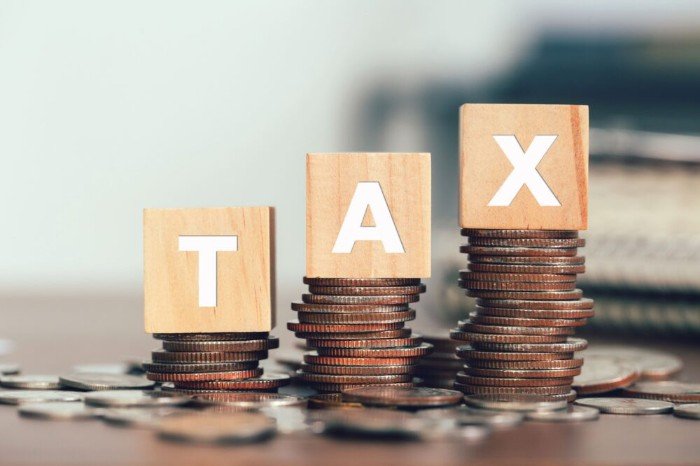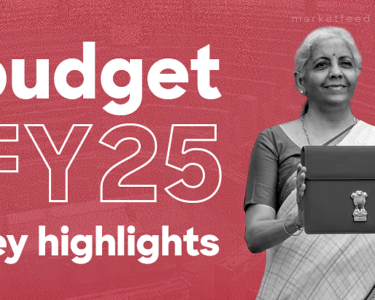In the realm of tax exemptions, certain government schemes offer a sanctuary from taxation(fake pan). Individuals diligently provide the requisite proofs to avail themselves of these benefits, striving to navigate the labyrinth of tax regulations. Among these, many employees seek exemption for their House Rent Allowance (HRA). However, a shadow looms over these endeavors as the Income Tax Department unearths a slew of fraudulent submissions.
Fake PAN Card Used in HRA Claim Detected by Income Tax Department During ITR Filing.
As the financial year draws to a close, taxpayers diligently file their Income Tax Returns (ITR), hoping to reap the rewards of their legitimate investments in government schemes. Yet, within this landscape, a disconcerting trend emerges: the proliferation of fabricated documents to secure HRA exemptions. This revelation prompts a critical inquiry into the authenticity of submitted documentation and the means by which individuals attempt to circumvent tax liabilities.
House Rent Allowance (HRA) constitutes a significant component of employees’ salaries, particularly for those dwelling in rented accommodations. The desire to secure tax exemption on HRA payments is a natural inclination, leading individuals to assert their claims in their ITR filings. However, amidst this legitimate pursuit, a disconcerting reality surfaces—the prevalence of fraudulent practices in claiming HRA exemptions.
Recent investigations shed light on startling discoveries, notably the exploitation of fictitious Permanent Account Numbers (PAN) to substantiate HRA claims. The Income Tax Department’s scrutiny exposes a staggering 8,000 to 10,000 cases of such malfeasance, some involving sums exceeding Rs. 10 lakhs. In response to this alarming trend, tax authorities intensify their surveillance, particularly targeting high-value claims for closer examination.
To secure HRA exemptions legitimately, individuals must furnish irrefutable evidence, starting with a valid rental agreement delineating the terms of tenancy between tenant and landlord. Crucially, this agreement should incorporate the PAN and Aadhaar card details of the landlord, aligning with income tax regulations. Furthermore, meticulous record-keeping is imperative, necessitating the retention of all rent-related receipts to substantiate payments made throughout the financial year.
Moreover, transparency is paramount when disclosing rental payments exceeding Rs. 1 lakh, mandating the inclusion of the landlord’s PAN card number. Failure to adhere to these stipulations may jeopardize one’s eligibility for HRA deductions, especially for those renting from family members. Consequently, individuals are urged to exercise diligence in preparing their documentation to avoid entanglement in the web of fraudulent tax practices.
In conclusion, the quest for HRA exemptions must be pursued with integrity and adherence to regulatory frameworks. As tax authorities heighten their vigilance, individuals must tread cautiously, ensuring compliance with prescribed guidelines to safeguard their financial interests and uphold the integrity of the tax system.








